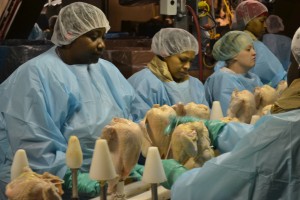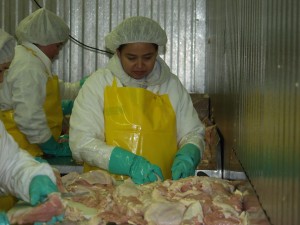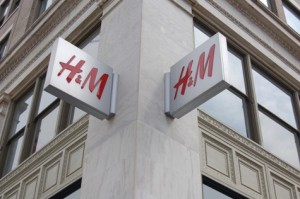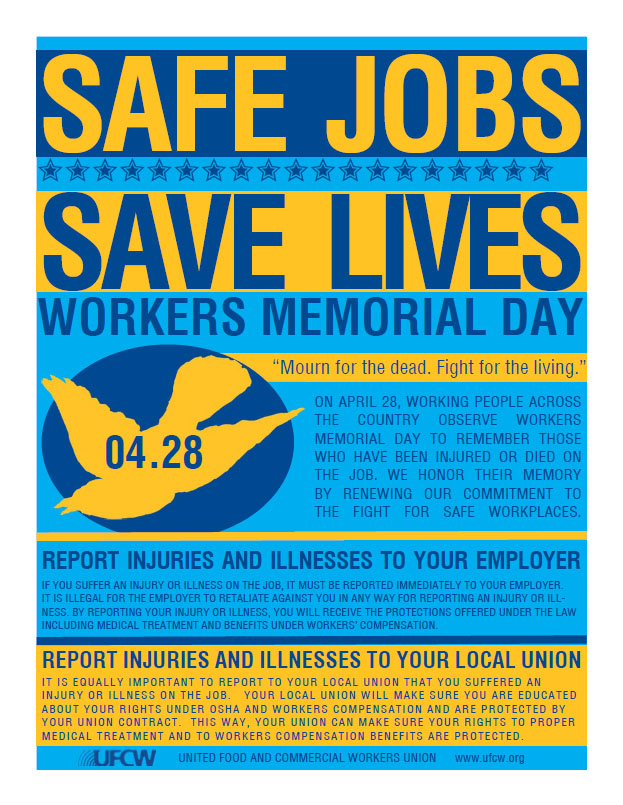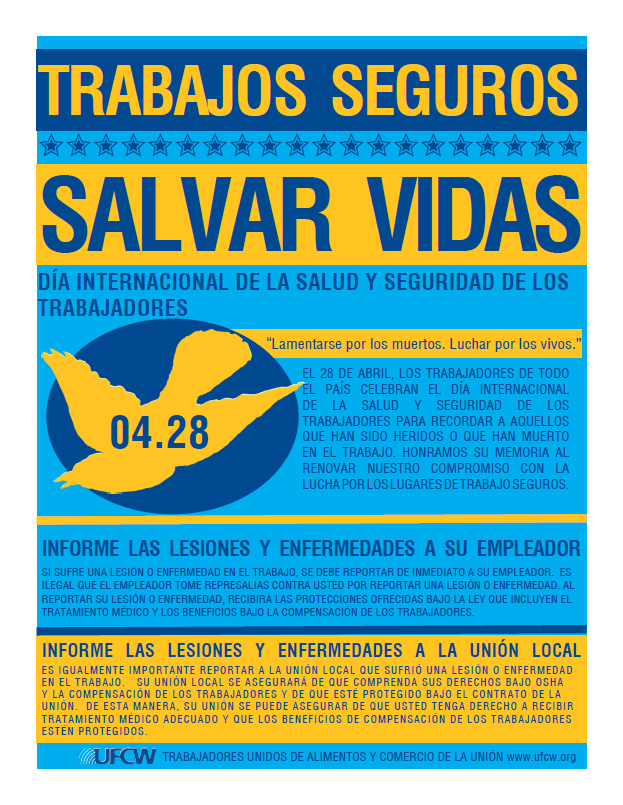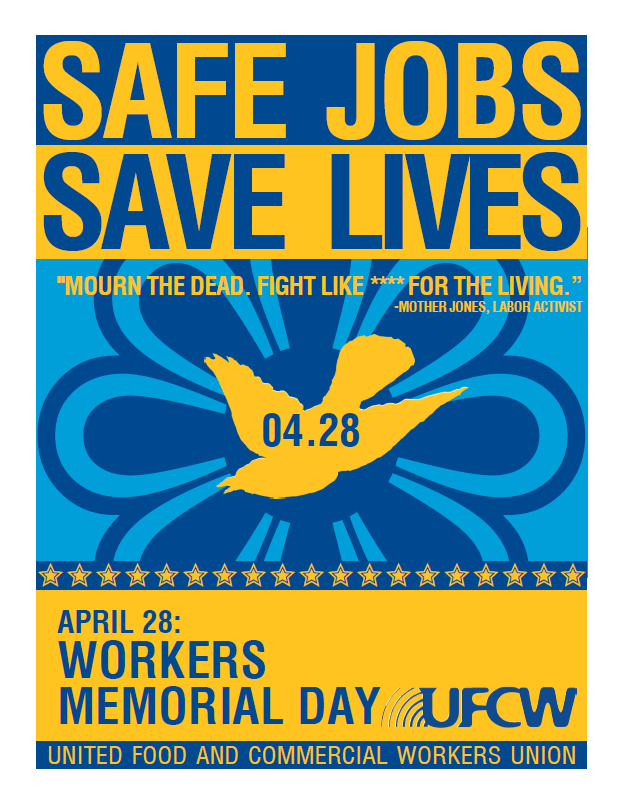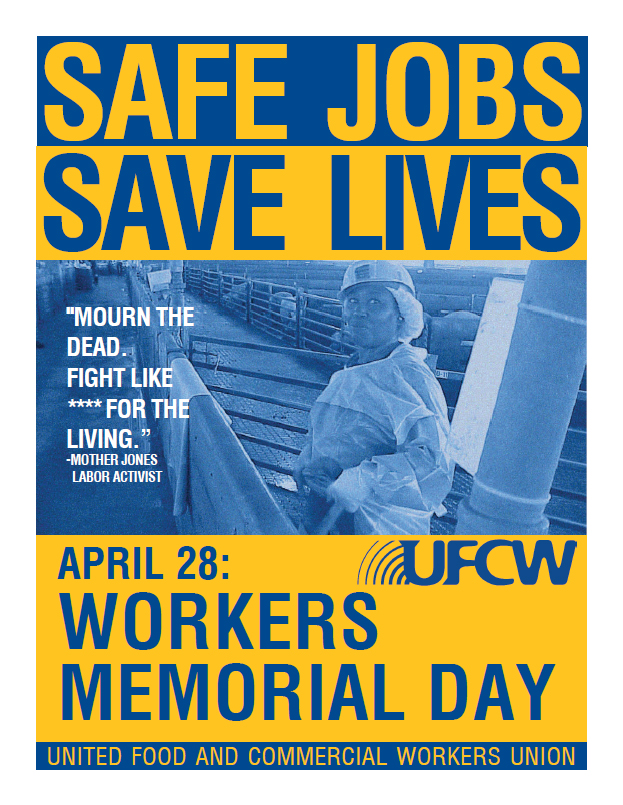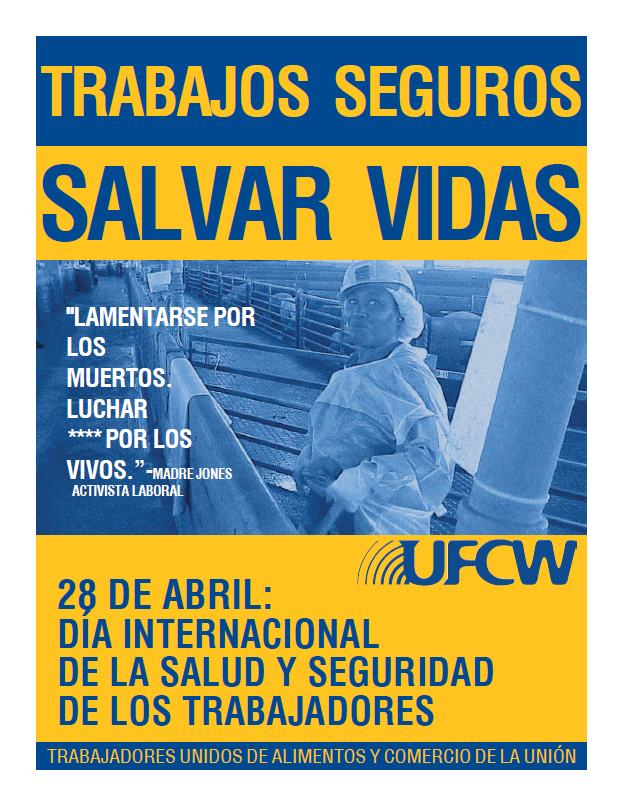 Retail workers and customers are at risk of injury or death during holiday sales events such as “Black Friday” at major retailers like Walmart. In 2008, a worker was trampled to death at a Walmart store in Long Island during the opening of a “Black Friday” sale as customers rushed through the door. In the wake of that death, OSHA has developed guidelines for retailers like Walmart to follow to make sure workers and customers are protected when crowds start showing up.
Retail workers and customers are at risk of injury or death during holiday sales events such as “Black Friday” at major retailers like Walmart. In 2008, a worker was trampled to death at a Walmart store in Long Island during the opening of a “Black Friday” sale as customers rushed through the door. In the wake of that death, OSHA has developed guidelines for retailers like Walmart to follow to make sure workers and customers are protected when crowds start showing up.
In anticipation of Black Friday 2013, OSHA has sent letters to Walmart and other retail employers along with Fire Marshals and Chiefs advising them how to ensure a safe “Black Friday.” Walmart has been told what it must do to prevent worker injuries.
Walmart associates should also know what is expected of their employer. The safest workers are informed and speak up for their safety. The OSHA Guidelines as well as a link to the letters to Walmart and safety officials are available online.
Among other measures, Walmart should:
- Hire additional staff, based on the anticipated size of the crowds
- Have trained security or crowd management personnel on site
- Train workers on security measures
- Train workers on emergency procedures
- Prepare an emergency plan, and make sure that both workers and local emergency responders know about it
Walmart Associates: take action and take precautions. Learn more at the links above and share this information with your co-workers. Talk to management at your Walmart, ask about your store’s plans to protect associates and customers, and find out whether your Walmart has reached out to your local emergency responders. Then, make sure you receive the training and staffing you need for a safe “Black Friday.”
LINKS:
https://www.osha.gov/OshDoc/data_General_Facts/Crowd_Control.html

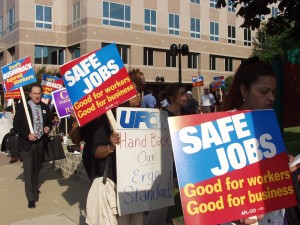
 Washington, DC– Today, the Occupational Safety and Health Administration (OSHA) announced that it has reached a settlement with Walmart on a large number of repeated and serious worker safety violations including a lack of proper training on handling of hazardous chemicals and dangerous conditions related to poorly maintained equipment. In response, OUR Walmart members issued the following statement:
Washington, DC– Today, the Occupational Safety and Health Administration (OSHA) announced that it has reached a settlement with Walmart on a large number of repeated and serious worker safety violations including a lack of proper training on handling of hazardous chemicals and dangerous conditions related to poorly maintained equipment. In response, OUR Walmart members issued the following statement: